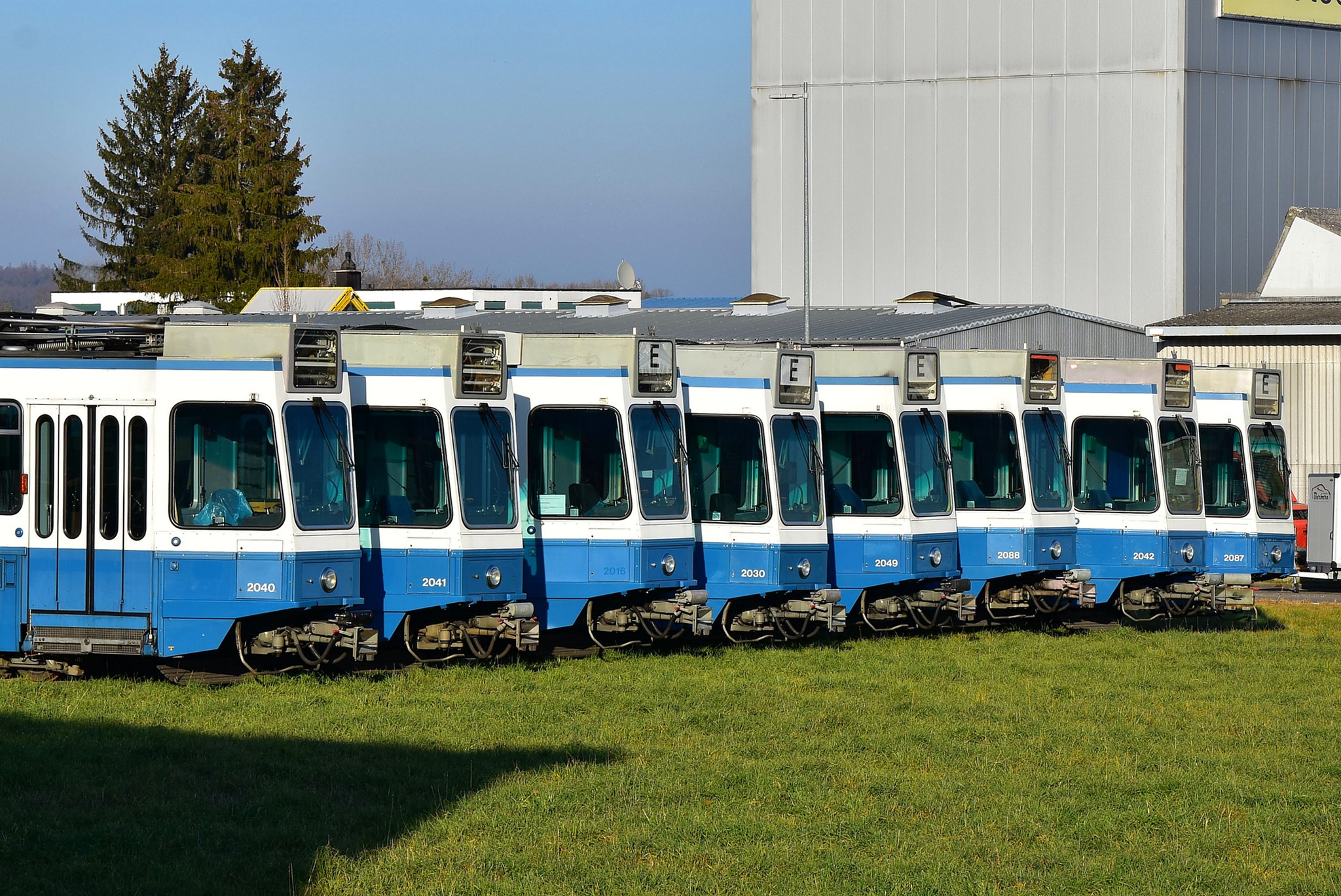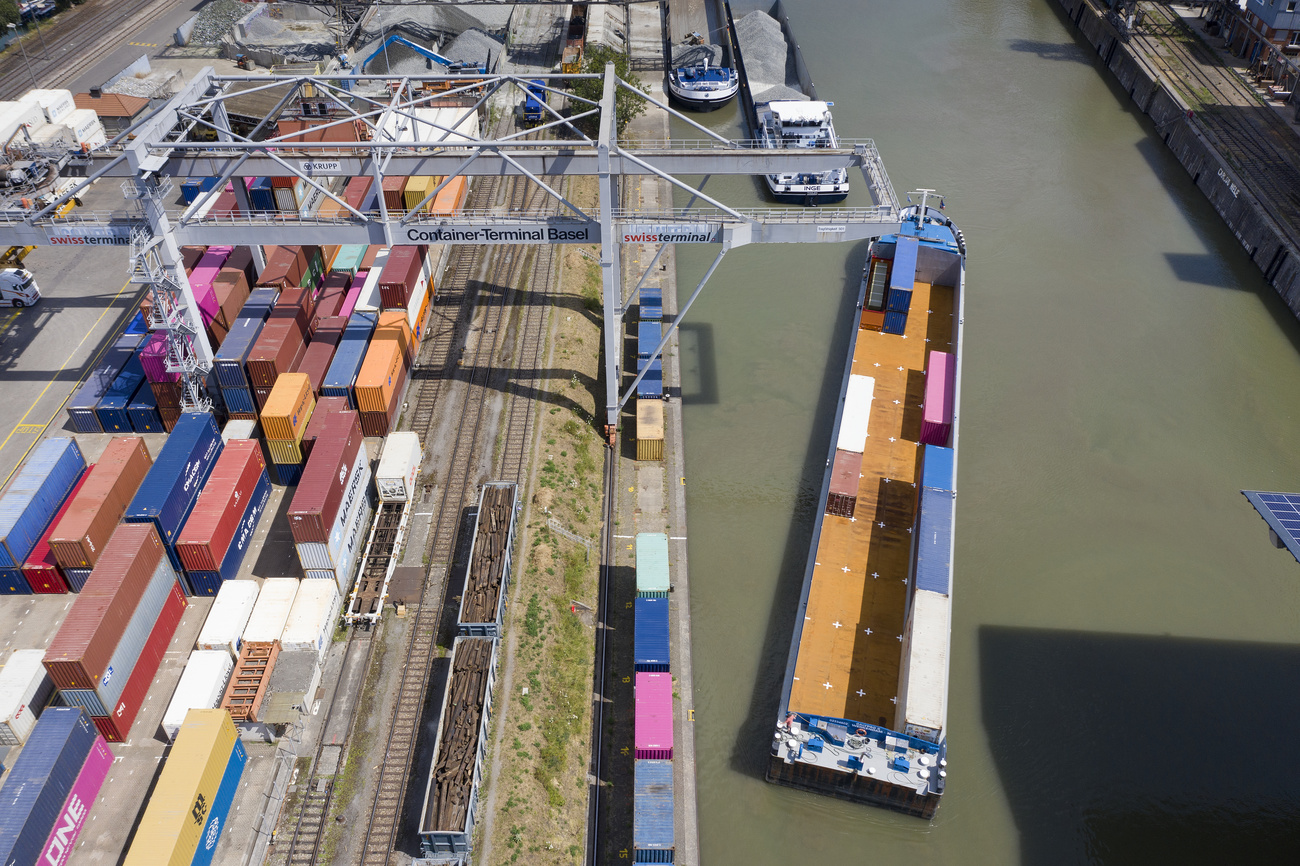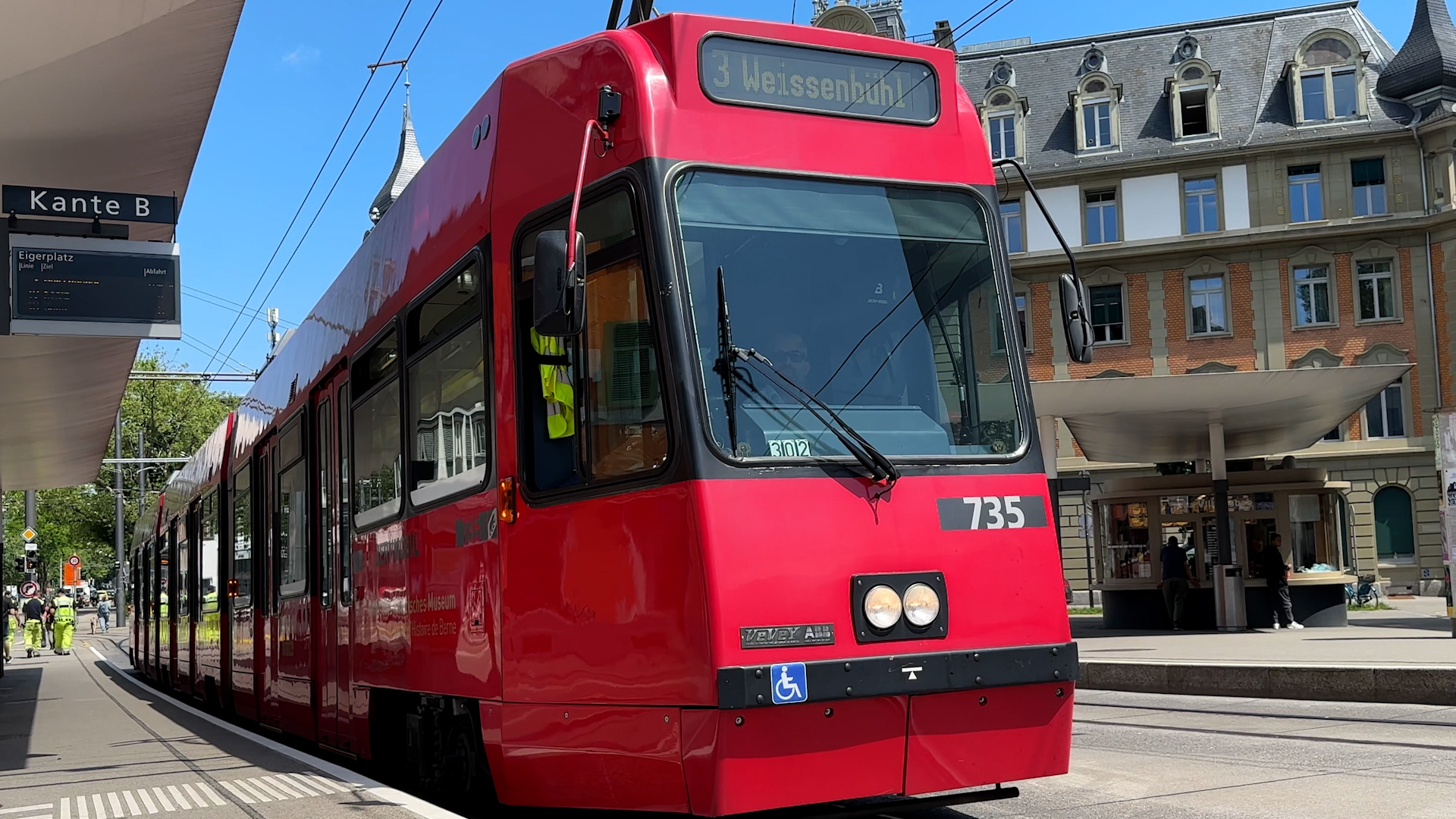Car-less Saturday gets green light

For 16 hours on Saturday, from 8 am to midnight the din of traffic over paved and cobblestone streets from Bern's main train station to the Bear Pits by the Aare River will only be a jarring memory.
The capital, like 13 other Swiss cities, is participating in European Car Free Day, and a large part of the downtown area has been designated a no-go zone for private traffic, turning it into a huge pedestrian playground.
In about 800 European cities on Saturday, thousands of people will take to the streets for the car-less day.
Buses, streetcars, taxis and emergency vehicles will still have access, but otherwise the streets will be the sole preserve of pedestrians, cyclists, skaters, and electric cars. Various events will take place to give the public an opportunity to consider their attitude towards gasoline-powered private transport and what organisers see as viable alternatives.
Programmes have been planned for 13 other Swiss cities including Basel, Fribourg, Geneva, Lausanne, Lucerne, Neuchatel, St. Gallen and Zurich.
Bern on the Move
The slogan used by the Bern organisers is “Bern on the Move – Mobile without the Auto”
“We’d like to show the people that mobility is possible without the car,” says Denis Forter, the managing director of the Berne Regional Association. “Our goal is to find a balance between the environment, the mobility needs of the people and the economy.”
A reflection of how the concept of a car-free day has gained in popularity in Berne in just one year can be seen in the growth of the festivities inside and outside the city. Last year, the city was alone in marking the day with a mere three streets declared as car-free. This year, virtually all of the old city as well as nine communities around Berne are participating.
Asked about the reaction of the driving public to imposing a car-free zone even for one day, Forter was philosophical. “There are many who don’t see the goal and are angry, but if you explain why and show them the alternatives then it would work.”
Positive response
As for businesses on car-free streets, Forter says some are afraid that there will be a drop in customers, but some have responded positively by announcing their intention to use the newly-found space on the streets to display their goods.
Forter says organisers are careful not to appear militant in their efforts to bring about a change in the attitude of motorists. The search for solutions to the traffic issue is a two-way street, he adds. An indication of the success of efforts to find solutions would be greater understanding by interest groups on both sides for the other’s position.
The idea for a European Car Free Day came from the French Environment Ministry and it quickly won the support of other European ministries and organisations.
The first occasion was September 22, 1999 and involved 66 French and 92 Italian cities as well as the western Swiss canton of Geneva. Last year, Swiss participation included Bern, two other cities in the German-speaking part of the country and 12 cities in western Switzerland.
by Paul Sufrin

In compliance with the JTI standards
More: SWI swissinfo.ch certified by the Journalism Trust Initiative








You can find an overview of ongoing debates with our journalists here . Please join us!
If you want to start a conversation about a topic raised in this article or want to report factual errors, email us at english@swissinfo.ch.